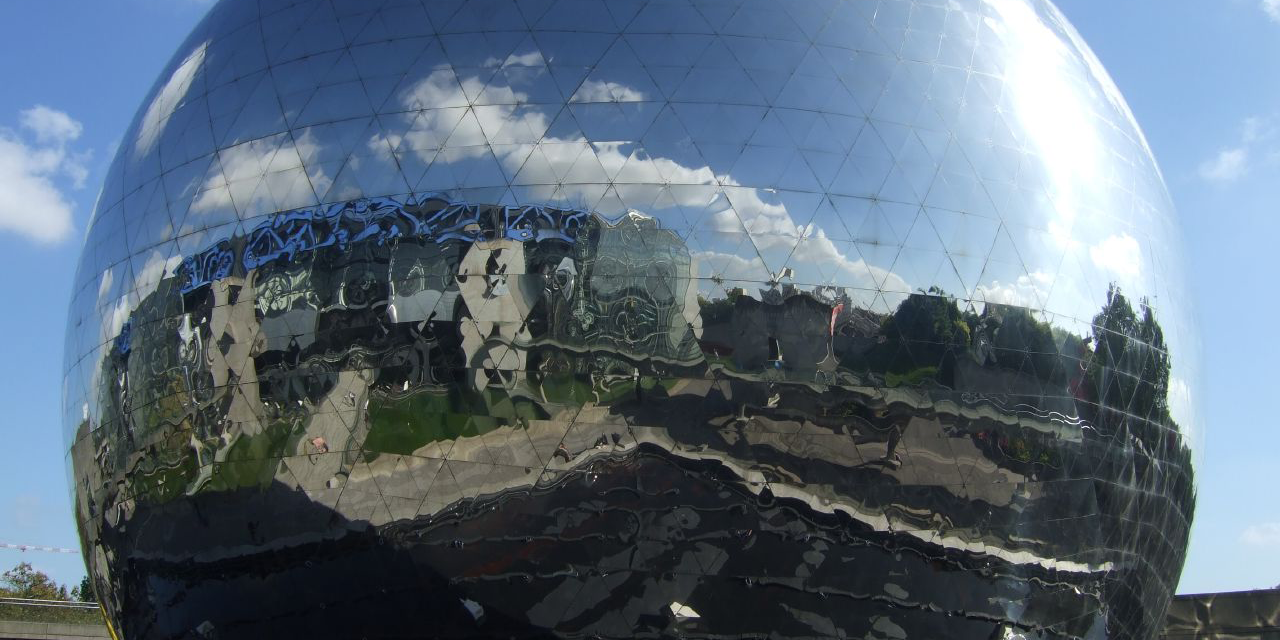
The French National Committee on Global Change (CNFCG – Comité National Français des Changements Globaux) represents the French research community in relations with international initiatives, such as Future Earth and the World Climate Research Programme, both of which were established under the sponsorship of the ISC.
The global change research community in France – like all researchers worldwide – has been hit by the COVID-19 pandemic and related economic and social disruption. In a November 2020 briefing note, the Committee explores how global change research has been affected by the pandemic, and how it can better contribute to understanding and managing the complex changes created by the crisis in the coming years.
The document concludes by calling for a reconsideration of the role of global change researchers and research structures in order to better comprehend the complex systemic changes facing societies today. A translation of the conclusion is provided below:
The outbreak of the COVID-19 pandemic has been a shock: a wake-up call to the world that the future of human society will be determined by interconnected short- and long-term challenges.
The health crisis has highlighted short-term issues that have hitherto often gone unnoticed, but which have today become urgent priorities, and rightly so. The rapid global spread of the pandemic has fed into suspicions about how the global economy functions, and concerns about “relocalizing” the economy, so as to rely on one’s own strengths in a world where solidarity may be in short supply. In a number of months, countries worldwide have seen their political landscapes transformed by the emergencies created by the propagation of SARS-CoV-2, but it is not yet possible to assess whether this transformation will last, nor which course it will follow in the coming months and years.
However, it would be extremely detrimental to overlook the long-term issues linked to environmental challenges. The actions we take each and every day affect the changing climate – and the biodiversity and ecosystems that it relies upon – for decades or centuries to come, in a manner that’s largely irreversible. The solutions required to respond to these changes demand infrastructure that will take time to put in place: time which is also needed to respond to the challenges of resource conservation and social and demographic change.
Even before the pandemic, the increasingly obvious links between environmental, economic, social and political issues had led numerous societal actors to call for a reconsideration of the foundations of our material development. It is particularly notable that some members of the academic community – particularly those of a younger age – have begun to question their own practices. The scientific community, being accustomed to long-distance travel, and reliant upon increasingly sophisticated research equipment with a large environmental footprint, has long hidden behind the idea that it works for a good cause: that of knowledge and progress. There is no longer room for this kind of complacency, as demonstrated by the development of the ‘Labos 1point5’ initiative. This has led us to reconsider the role of scientists working on global change, on several levels. First, we must rise to the challenge of building knowledge on systemic issues that go beyond the scope of single disciplines, such that we can better comprehend the complexity of the interactions between socio-economic, political and environmental issues. Yet above and beyond our fundamental mission to create a body of knowledge that can gain consensus, we must also question our own practices and their environmental impact, the governance of our institutions and laboratories, and the effects of organizing research in siloes, which often prioritizes research with immediately visible results.
More than ever, science must help to build a “new world”, a world that we know will be largely urban, enriched by a population that will soon reach 8 billion, and that involves multiple, pluri- and transdisciplinary challenges affecting multiple stakeholders, all of whom must be listened to. Education and training are essential to help deal with this complexity, and they must be centred around fora of reflection and research that allow for comprehension of the systemic nature of the issues we face.
You can read the full briefing (in French) online here: La recherche sur les changements globaux à l’épreuve de la Covid-19.
Find out more about the CNFCG.
Photo: La Géode at the Cité des Sciences et de l’Industrie, Paris, France (Sebastian Werner via Flickr).